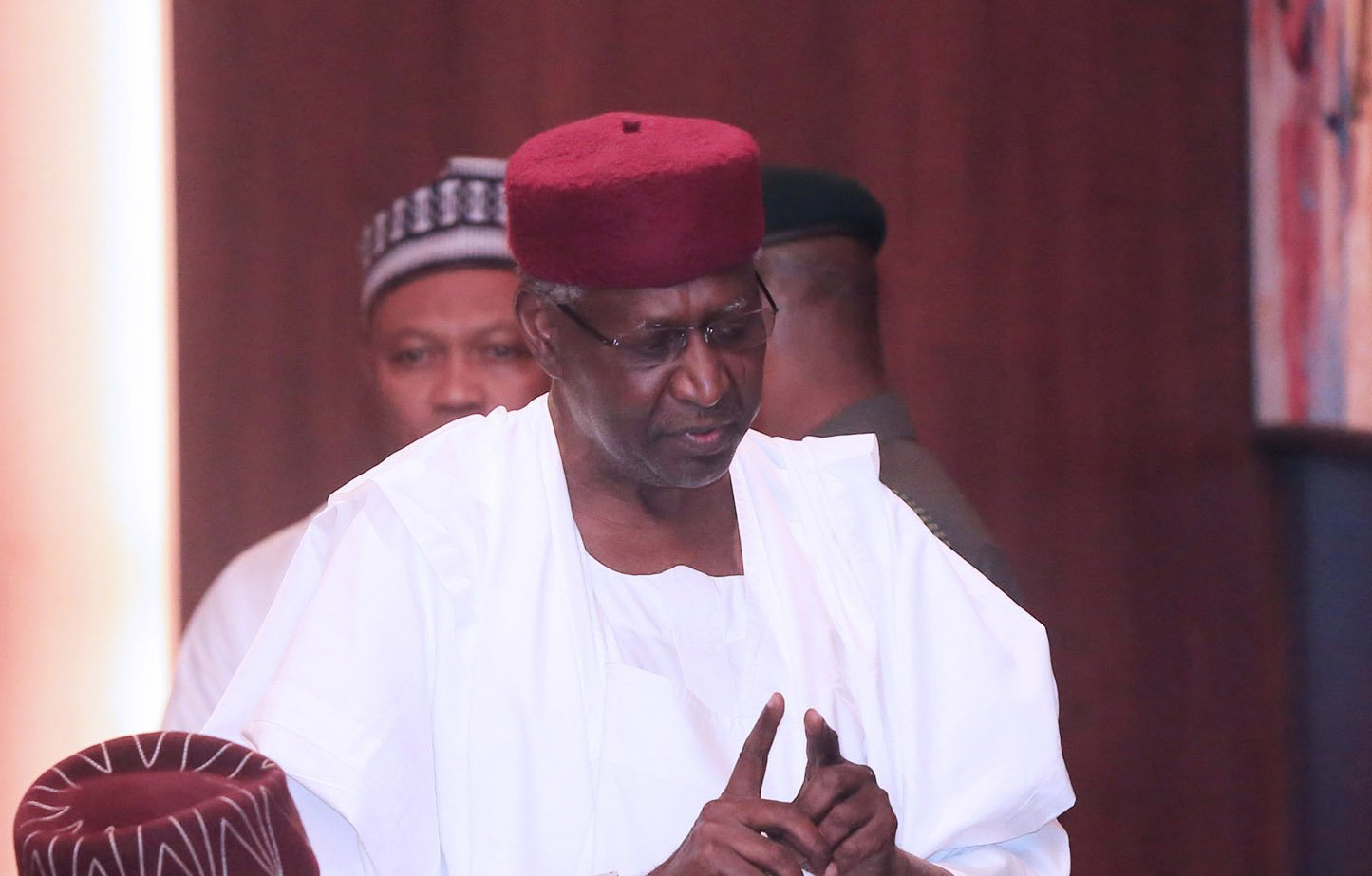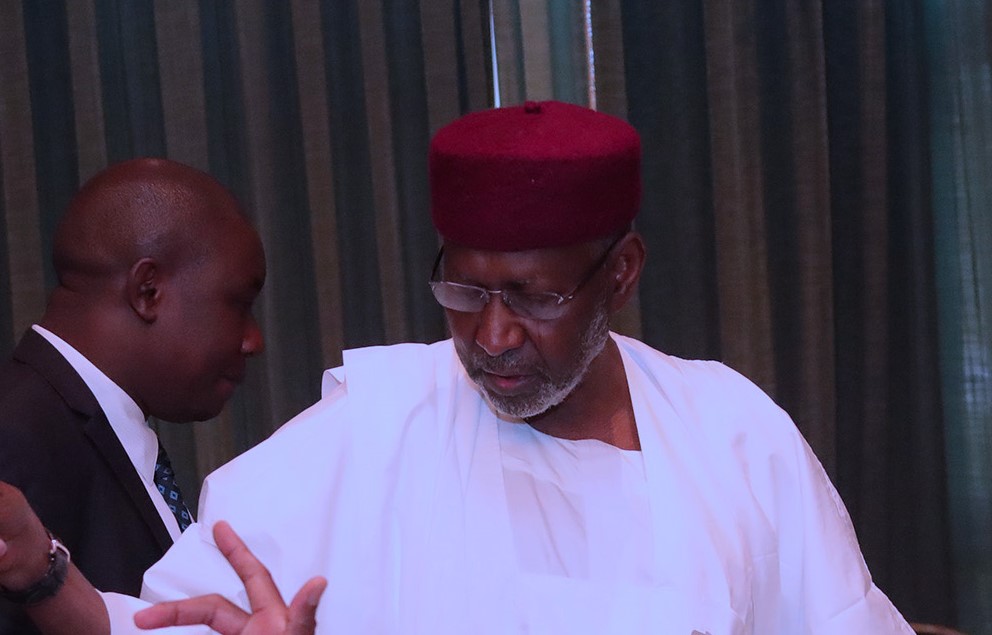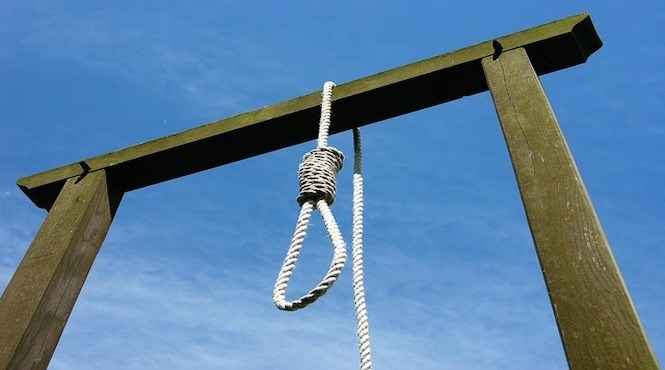BY OLASUKANMI OKUNOLA
Much has been said and written about the health, economic and security implications of the mysterious, fast-spreading COVID 19 pandemic in Nigeria. Several government and non-governmental agencies have taken the safety campaign to radio, television stations and social media platforms on how Nigerians can protect themselves and their loved ones from the pandemic. The Nigeria Centre for Disease Control (NCDC) also went as far as recruiting some celebrities as their ambassadors to embark on an intensive communication campaign to observe social distancing and hygiene. In line with this, President Mohammadu Buhari and some state governors recently ordered a two-week lockdown in an effort to stem the tide of COVID 19. However, despite much awareness and restriction orders put in place to prevent the spread of the disease in the country, it is however worrisome that there is still a high rate of contravention among Nigerians.
Top on the list of those that contravened the orders are the so called elites such as political leaders, celebrities and religious leaders, holding unnecessary political rallies, religion congregation and refusal to isolate themselves after their travel history to high risk countries with widespread transmission of the novel coronavirus. In places like Ajegunle and Mushin in Lagos, some of the residents still go about their normal daily business with the mindset that COVID-19 is a scam and that it is an elite disease. Equally appalling is the methodology adopted by both state and federal governments in distributing stimulus packages to the vulnerable groups in low income communities which was marred with enormous crowds and turned rowdy. This clearly depicts lack of disaster management literacy from authorities to citizens and calls for serious concern.
For clarity sake, the United Nations Environmental Programme (UNEP) defined disaster management literacy as an individual’s ability to read, understand, and use information to make informed decisions and follow instructions in the context of mitigating, preparing, responding, and recovering from a disaster. Based on this definition, it is crystal clear that most Nigerians do not use the information obtained from various agencies to prevent themselves from the Coronavirus pandemic. Hence the need to intensify efforts in embarking on rigorous advocacy campaigns through the right channels that will cut across all the socioeconomic class in Nigeria. It is against this background that the writer strongly recommends the following with a view to propounding effective and sustainable disaster management literacy towards building resilient communities in Nigeria.
Advertisement
Consistent awareness campaign on impacts of disaster
It is very essential for government and non-governmental agencies on disaster risk reduction in Nigeria to embark on consistent and rigorous awareness campaigns on disaster impacts to inculcate into the residents and community groups the culture of disaster preparedness, prevention, mitigation, response and recovery. Public information and enlightenment campaigns in print and electronic media and through community-based organisations (e.g. women and youth associations, neighbourhood organizations, market/trade and religious organizations) should be vigorously pursued.
The elites and middle class must practice what they preach
The elite and middle class Nigerians must lead by example, through preaching and consistent practicing of social distancing to better align with the country-wide health recommendations. This would go a long way in educating the vulnerable groups in low income communities on preventative measures against coronavirus.
Community-based disaster risk reduction approach
All stakeholders in disaster risk reduction starting from household heads, community-based organizations, kings and chiefs in Nigerian communities have a huge role to play in ensuring that people abide by the social distancing and hygiene orders placed by the federal government and NCDC to stem the tide of COVID-19. These collective efforts will ensure changes in the level of vulnerability to various types of disasters and effective disaster risk management.
Advertisement
Adopting appropriate methodology in distributing the stimulus package
It is evident that majority of Nigerians are in the informal sector who live on daily income. Small-scale businesses and traders are finding ways to stay alive with the recent lockdown order in Lagos, Abuja and some other states. These people would definitely need stimulus packages to survive the lockdown period. It is however expedient for the Federal government of Nigeria to adopt appropriate methods of disbursing the stimulus packages to the vulnerable people in Nigerian communities. This can be achieved by adopting the methodology that works for other developing countries such as India, Indonesia, Thailand, Rwanda among others through cash transfer, exemption from paying income taxes, discounts on monthly electricity bills and logical distribution of stimulus packages to the vulnerable.
Strict punishment for violating lockdown and social distancing order
Conclusively, strict punishment should be enforced and implemented to members of the public either rich or poor who violate the lockdown and social distancing directives for putting the lives of other Nigerians at risk. The culprits should be fined, jailed and forced to embark on community service while serving their jail terms.
Advertisement
Okunola is a scholar in disaster risk reduction and community resilience with cross-cutting research and program experiences on climate change adaptation and inclusive education in the Sub-Saharan Africa. He tweets @sunkiehabeeb
Views expressed by contributors are strictly personal and not of TheCable.
Add a comment






